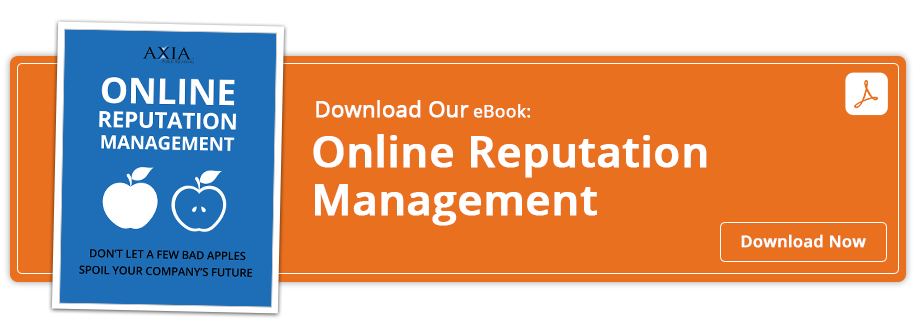 Learn how to use this tool for maximum advantage
Learn how to use this tool for maximum advantage
You strive to deliver accurate messages about your company. This helps to improve your reach, online reputation and brand. One important site that consumers turn to for information is Wikipedia, billed as the free encyclopedia, but your company doesn't have a Wikipedia page.
Companies frequently ask their PR firm to write Wikipedia articles on their behalf. Some have even hired PR professionals to edit Wikipedia pages to delete negative information and make the company look better than it is. If this is something you have considered as well, read on to learn why this is not a good idea.
Should your PR agency be in charge of Wikipedia listings?
The simple answer is no. The terms of Wikipedia clearly indicate that you shouldn't commission someone to write a Wikipedia article for your company. Their exact policy states:
Paid contributions without disclosure
These Terms of Use prohibit engaging in deceptive activities, including misrepresentation of affiliation, impersonation, and fraud. As part of these obligations, you must disclose your employer, client, and affiliation with respect to any contribution for which you receive, or expect to receive, compensation. You must make that disclosure in at least one of the following ways:
- a statement on your user page,
- a statement on the talk page accompanying any paid contributions, or
- a statement in the edit summary accompanying any paid contributions.
With that said, many companies still do it. If you are caught, you risk damaging your own reputation far more than any negative news post. Additionally, Wikipedia has been aggressively going after companies, PR agencies and others who try to deceive the system with lawsuits and in the news media.
Here's what you need to know about writing for Wikipedia
- You should properly source any information you post on the site. A community of editors and volunteers work to ensure that information is accurate. Entries are constantly evolving, so be sure to check your company’s listing often and correct any mistakes.
- If you submit information, you must be honest. This includes disclosing conflicts of interest and whether you are being paid for your submission, even as a PR professional working on behalf of a particular company.
- Do not edit or delete unflattering information. Wikipedia is cracking down on this practice by companies, as it damages its credibility. Every company experiences bumps and bad decisions; these are a part of a company’s story. Instead of acting like they didn’t happen, audiences will be more attentive when you tell what you did to overcome and get to the top.
- Say something that adds to the content. Make sure anything you submit advances the article. Copy-and-paste submissions of your marketing materials or information included only to link back to your website would probably not apply. It also must be true, so that when fact-checked, it stands up to scrutiny.
- Remember that there are international, national, local and industry-specific versions of Wikipedia. Include information for various audiences, if appropriate.
- Think twice before hiring a PR firm to write it. Wikipedia has become an important part of the information conversation and it is important to adhere to their guidelines.
Axia Public Relations can help you develop your messages and position your company for attention on social media and in the news media. When you increase your visibility the right way, it’s more likely that Wikipedia will find you. For more information, read these three steps to earn a Wiki page for your organization, contact us or download our e-book Online Reputation Management.
 Lisa Goldsberry is a blogger for Axia Public Relations with more than 15 years of public relations experience. She specializes in business and technology PR. Lisa has worked for Axia since December 2013. Learn more about Lisa Goldsberry. Connect with Axia on Twitter @axiapr or tell us what you think in the comments below.
Lisa Goldsberry is a blogger for Axia Public Relations with more than 15 years of public relations experience. She specializes in business and technology PR. Lisa has worked for Axia since December 2013. Learn more about Lisa Goldsberry. Connect with Axia on Twitter @axiapr or tell us what you think in the comments below.
Featured image: Creative Commons
Topics: public relations, online reputation management, Wikipedia


Comment on This Article